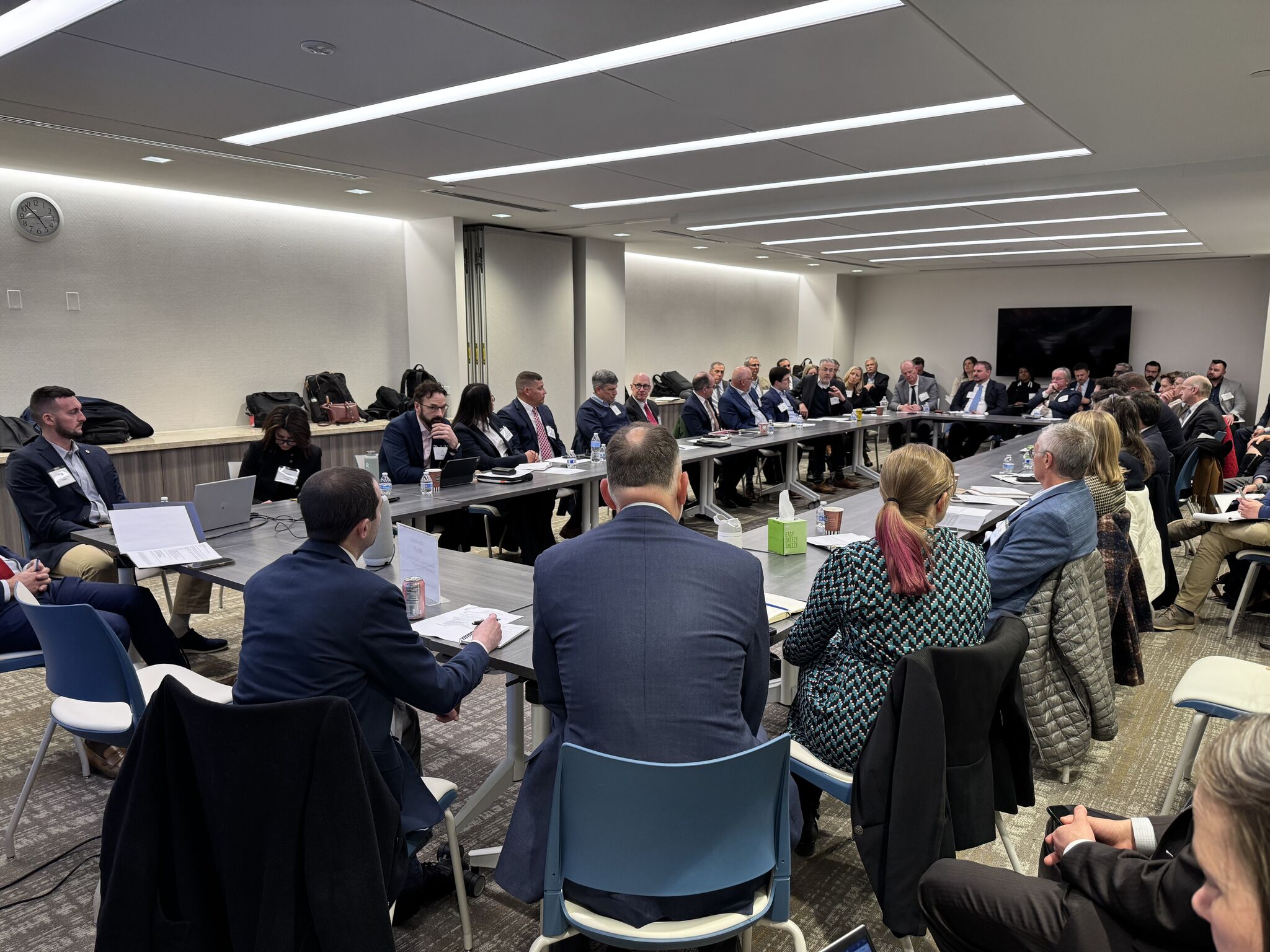CommScope’s sales down, as it proceeds with sale of cellular infra units – RCR Wireless News

Telecom infrastructure company CommScope reported year-over-year lower sales during the second quarter, with its connectivity and cabling business a bright spot and weak sales in its access network and its Networking, Intelligent Cellular & Security Solutions (NICS) unit.
The company saw improvements in sales from the first quarter of 2024, but still saw a net sales decrease across all global regions except Canada in the second quarter. However, the company’s profitability improved, with CommScope reporting net income from its continuing operations of $74.8 million, compared to a loss of $63.1 million in the year-ago period.
CommScope recently announced an agreement to sell its outdoor wireless infrastructure business and its distributed antenna systems (DAS) business to Amphenol for $2.1 billion in cash, which it plans to use to pay down debt. That transaction is expected to close in the first half of next year. CommScope’s DAS unit focuses on indoor cellular infrastructure for campuses, venues and enterprises, while its OWN unit was part of its Networking, Intelligent Cellular & Security Solutions (NICS) unit; the rest of that unit, which remains with CommScope, includes Ruckus Wi-Fi.
In this quarter’s reporting, with the sale pending, CommScope differentiated between its consolidated results, which include financial contributions from the units that are to be sold, and its “core” business. In its consolidated results, net sales were down 12.7% year-on-year; in its core business, sales dropped 17%.
“As expected, our second quarter results improved from the first quarter,” said President and CEO Chuck Treadway. “Our performance in our Core businesses was mixed with strength in Connectivity and Cable Solutions (CCS) and continued weakness in Access Network Solutions (ANS) and NICS.”
Treadway added that data center connectivity and generative AI “was a strong driver of growth” in CommScope’s CCS segment, and said that the company is “well-positioned to take advantage of what we believe to be a multi-year growth cycle in this business.”
The deal to sell its OWN and DAS businesses leaves CommScope as a company primarily focused on the wireline infrastructure side of telecom and cable, although it retains its Ruckus enterprise Wi-Fi business. CommScope has been undergoing a strategic shift since 2021, when it kicked off its “CommScope NEXT” strategy under which it began reallocating its resources to businesses units that offer the most potential value in the near- and long-term, and jettisoning others. CommScope initially reorganized its business units in the wake of its $7.4 billion acquisition of Arris, which closed in 2019.
For CommScope’s business overall, Treadway said, “visibility remains limited as customers continue to deal with higher-than-normal inventory levels and upgrade cycles are delayed.”
CommScope been also looking to trim down billions of dollars in debt and in particular, faces $1.27 billion that will be coming due in June 2025. Kyle Lorentzen, the company’s CFO, said: “We continue to evaluate capital structure alternatives and expect to meet with our existing lenders in the third quarter to address the upcoming debt maturities. We finished the quarter with significant liquidity of $880 million.”
CommScope has recently sold its home networks business to French telecom provider Vantiva, in a transaction that closed in January 2024 and resulted in CommScope receiving a payout up to $100 million plus a 25% stake in Vantiva. Meanwhile, in June, CommScope purchased Casa Systems’ cable assets for $45 million as part of an auction of Casa’s assets after the latter company declared bankruptcy. It has also been investing in increasing its domestic fiber production capabilities, in anticipation of federal funding through the Broadband Equity, Access and Deployment (BEAD) program.
Related
How SenseiNode Is Building Proof-of-Stake Infrastructure in Latin America
A lot of attention is paid to the decentralization of the Bitcoin network.Bitcoin miners should set up shop in a number of different jurisdictions in order to p
The Infrastructure of Racial Justice Is Under Attack. We Must…
President Donald Trump began February with a proclamation that Black History Month offered “an occasion to celebrate the contributions of so many Black Am
Bomb threat found “non-credible”: American Airlines after Delhi-bound flight diverted…
American Airlines has said that the "bomb threat on board", due to whi
Big infrastructure investment plans take shape in America
Amtrak and dozens of major industry partners representing construction, manufacturing, rail supply, engineering, and other sectors convened for an industr













